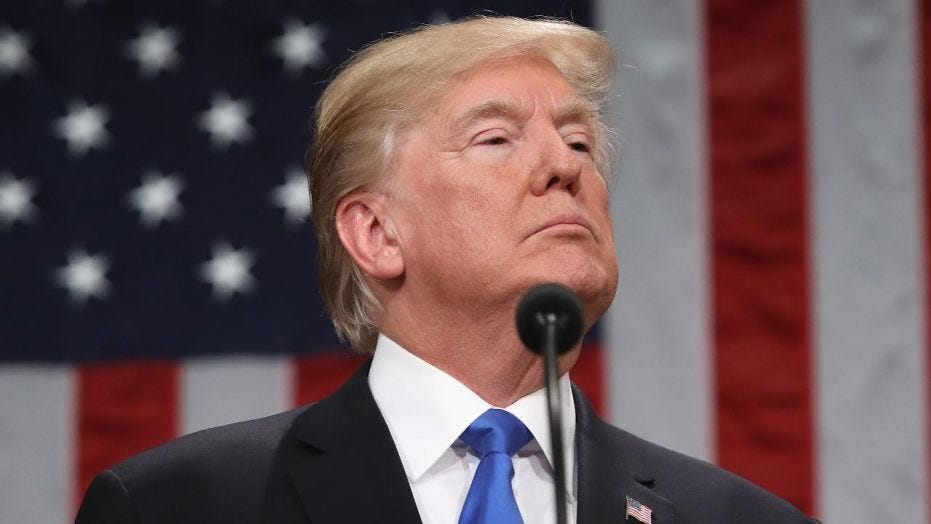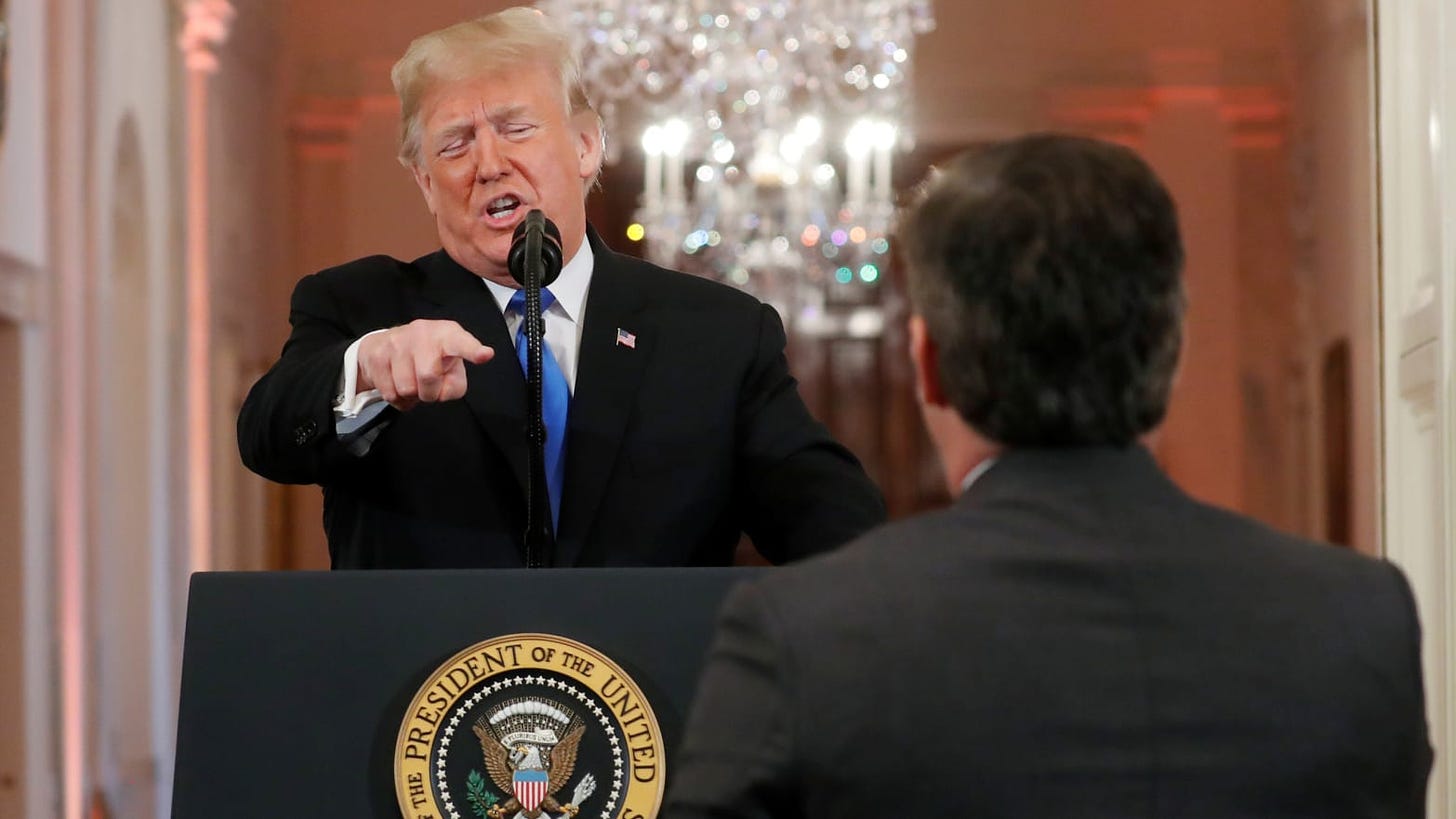
In a letter to House Democratic leadership on Tuesday, White House counsel, Pat Cipollone, announced that the Trump administration would not cooperate with the ongoing impeachment inquiry just hours after blocking the testimony of the United States ambassador to the European Union, Gordon Sondland. Sondland was scheduled to be interviewed by Congress in a closed session on Tuesday morning, but he failed to appear just as Trump tweeted out the message below.

Citing “unprecedented actions [that] have left the president with no choice,” Cipollone announced that Trump and his administration would not be participating in any part of the Congressional investigation. The basis for this unprecedented position taken by the White House is an apparent claim that the investigation itself is rooted in a partisan attempt to overturn the results of the 2016 Presidential Election and that the inquiry itself violates Donald Trump’s due process rights.
This is the first time in American history that we have ever seen a response of this nature. It should not be surprising given the tactics employed by Trump’s attorneys in his ongoing court battles as they argue that the president maintains an elite status that exempts him from the duties and obligations of ordinary citizens. The Mueller Report itself outlined this framework for the very arguments being made in the courts by Trump’s counsel now, by determining that a sitting president was immune from criminal prosecution.

Last week, as attorneys in the case against Trump in Manhattan were waiting for a decision from the judge on the issue of whether he would be compelled to release his personal income taxes, attorneys for Trump filed an “ultimatum” letter with the court. In it they specified that if the judge had not reached his decision by their deadline, that they would assume the ruling went against them and immediately file an appeal, regardless of the court issuing an actual ruling. As an attorney, I have to express how highly unprecedented and inappropriate this move is. It continues the running narrative that Trump is above everyone and everything, even the courts.
Obviously, this strategy did not work in Trump’s favor and the judge ruled against him, demanding that he turn over eight years of tax returns. The defense did as they said they would and filed an immediate appeal, but in a statement to the court, they again argued that Trump is entitled to certain privileges due to his “high position” as a sitting president, which makes him immune to certain disclosures and timelines. These arguments in defense of Trump’s actions read more like the defense of a king than a president.
With this latest announcement by White House Counsel that the Trump administration will not be complying with Congressional inquiries or subpoenas, it’s clear that the strategy Trump is employing in his personal suits will now carry over into his impeachment defense. Rep. Schiff, who is currently heading the impeachment inquiry through the Intelligence Committee, has publicly stated that the refusal to allow testimony by Sondland would constitute “strong evidence” of “obstruction of the constitutional functions of Congress, a coequal branch of government.” Once Congress issues a subpoena and the deadline is missed, they can initiate court proceedings to force compliance.
Trump is not doing well in the courts. In September, the Second Circuit Court of Appeals reinstated an Emoluments Clause suit that was originally brought by Trump's business rivals in New York, but had been dismissed by a lower-level federal judge in December 2017. Based on new information that Trump is using the presidency to profit personally, Trump will now have to defend against another suit alleging self-interest and this could also risk disclosure of his personal finances. Trump reported making at least $434 million in gross income from his properties and business in 2018, according to the financial disclosure form released by the Office of Government Ethics.

This line of legal defense directly mirrors Trump’s own philophosy that he has espoused publicly many times which is that as president he is legally able to do whatever he wants. He has told the press that his Executive Powers under Article II of the Constitution allow him complete authority in every situation — this is the mentality of a king. It is obvious through the strategies being currently utilized by his personal attorneys, that Trump has now extended this ideology to his own legal defense. Given the latest ruling by Judge Marrero in Manhattan where Trump’s lawyers tried to dictate the timeline for the ruling, this strategy is not playing out so well. If Trump continues to present himself as a supreme leader with “great and unmatched wisdom” in a courtroom venue, it will only be to his detriment.
If you like this piece and you want to help support independent journalism from a female perspective, you can forward this article to others or send a gift a subscription to someone else today.
Amee Vanderpool writes the “Shero” Newsletter and is an attorney, contributor to Playboy Magazine, analyst for BBC radio and Director of The Inanna Project. She can be reached at avanderpool@gmail.com or follow her on Twitter @girlsreallyrule.




I don’t think this mentality is limited to the Courts. I think Mr. Trump wants his subjects (us) and other world leaders to treat His Highness in this way. I feared when Mr. Trump was elected that he would mentally position the government as a corporation; he the CEO, his shareholders being friends in Congress and the Courts and those who elected him. This overt turn of the Presidency into a near-Monarchy - and those who would seek to overturn the Crown risk its wrath - is suffocating the very riches of democracy. Makes my stomach flip. The work required by the next President to ‘undo’ many of the things Mr. Trump has done is hard to fathom.
to be fair, this administration hasn't cooperated with ANYTHING